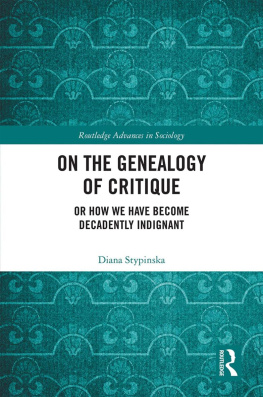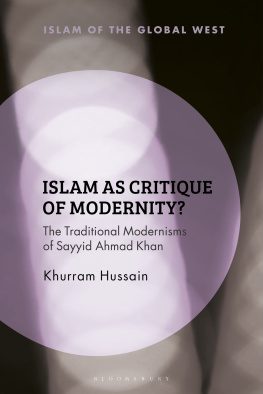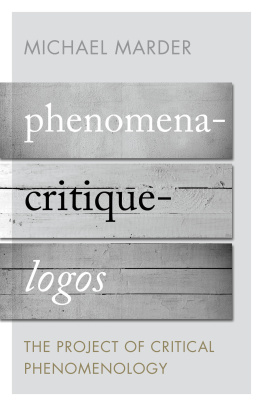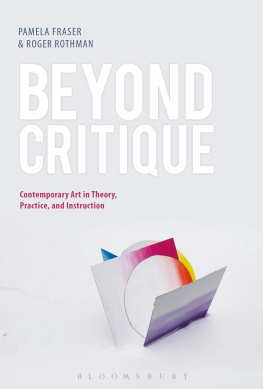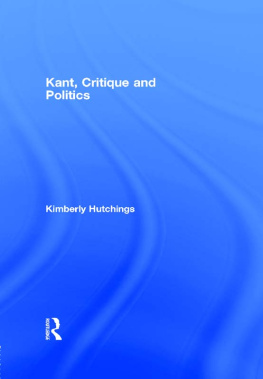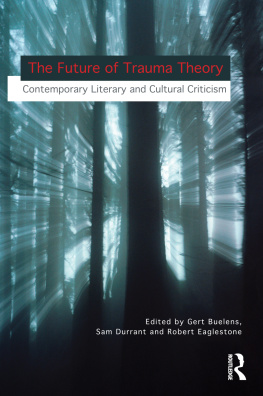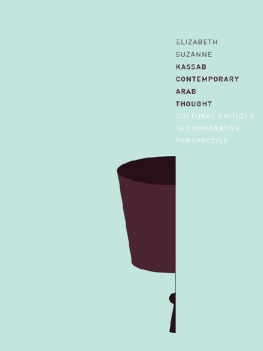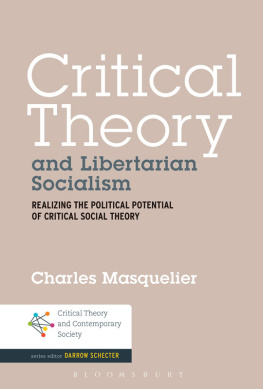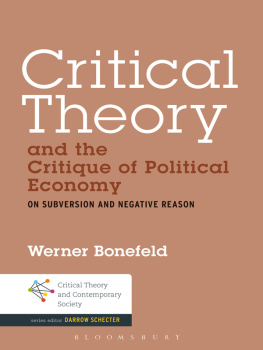On the Genealogy of Critique
On the Genealogy of Critique intervenes into both contemporary academic debates on critique, and todays mainstream criticism, by reflecting upon the relationship between criticality and social change in the age of post-politics.
What does it mean to be critical? When we are told that civilisation is facing extinction, does the idea of critique still hold any value? Today, more than ever, we seem to be critical of everything. Yet, paradoxically, our criticism exerts very little political influence. Taking this problematique as its starting point, this book reclaims the transformative potential of critique, challenging the common assumptions about criticality. It presents a counter-history of criticism, demonstrating how the modern notion of critical subjectivity embodies an imperative to the securitisation of the status quo. In elaborating on a range of contemporary critical (dis)positions, the book advocates new ways of thinking about critique and social change. Through this, it equips the reader with analytical tools useful for thinking the way out of our post-political predicament.
This book is of relevance to anyone concerned with social change. Particularly, it will be of use to academics, postgraduates and advanced undergraduate students working in the areas of sociology, politics, philosophy and cultural studies.
Diana Stypinska is lecturer in sociology in the School of Social Science at Liverpool Hope University, where she teaches social and cultural theory. Her work traverses critical theory, continental philosophy and critical sociology.
Routledge Advances in Sociology
273 Care, Power, Information
For the Love of BluesCollarship in the Age of Digital Culture, Bioeconomy, and (Post-)Trumpism
Alexander I. Stingl
274 The Field of Water Policy
Power and Scarcity in the American Southwest
Franck Poupeau with Brian F. ONeill, Joan Cortinas Muoz, Murielle Coeurdray and Eliza Benites-Gambirazio
275 Impoverishment and Asylum
Social Policy as Slow Violence
Lucy Mayblin
276 Later Life
Exploring Aging through Literature
Barbara A. Misztal
277 On the Genealogy of Critique
Or How We Have Become Decadently Indignant
Diana Stypinska
278 Nostalgia Now
Cross-Disciplinary Perspectives on the Past in the Present
Edited by Michael Hviid Jacobsen
279 Magical Realist Sociologies of Belonging and Becoming
The Explorer
Rodanthi Tzanelli
For more information about this series, please visit: www.routledge.com/Routledge-Advances-in-Sociology/book-series/SE0511
On the Genealogy of Critique
Or How We Have Become Decadently Indignant
Diana Stypinska
First published 2020
by Routledge
2 Park Square, Milton Park, Abingdon, Oxon OX14 4RN
and by Routledge
52 Vanderbilt Avenue, New York, NY 10017
Routledge is an imprint of the Taylor & Francis Group, an informa business
2020 Diana Stypinska
The right of Diana Stypinska to be identified as author of this work has been asserted by her in accordance with sections 77 and 78 of the Copyright, Designs and Patents Act 1988.
All rights reserved. No part of this book may be reprinted or reproduced or utilised in any form or by any electronic, mechanical, or other means, now known or hereafter invented, including photocopying and recording, or in any information storage or retrieval system, without permission in writing from the publishers.
Trademark notice: Product or corporate names may be trademarks or registered trademarks, and are used only for identification and explanation without intent to infringe.
British Library Cataloguing-in-Publication Data
A catalogue record for this book is available from the British Library
Library of Congress Cataloging-in-Publication Data
A catalog record has been requested for this book
ISBN: 978-0-367-02706-3 (hbk)
ISBN: 978-0-429-39831-5 (ebk)
Typeset in Times New Roman
by codeMantra
To Jim
My innermost gratitude is for Blent Diken who has not only encouraged me to pursue this project in the first place, but whose unconditional support made its completion possible for this, I cannot thank him enough. Blents work is a continuing source of inspiration and an intellectual compass in these frantic times.
I am immensely grateful to my generous critical friends Andrea Rossi, Oliver Simpson and Joo Nunes de Almeida, who have read parts of this book and provided me with invaluable comments, advice and help.
I would also like to express my appreciation for the stimulating discussions I have had with Graeme Gilloch and Mick Dillon. Their critical insights and guidance were extremely useful.
Finally, I am very grateful to my colleagues in the School of Social Science at Liverpool Hope University especially Jen Hough and Mike Brennan. I have significantly benefited from their collegiality, kindness and understanding during the final stages of this project.
Diana Stypinska October 2019
From Kant onwards, critique has been central not only to philosophy but to all social and political thought. Although its various historical conceptualisations presupposed differing and at times fundamentally opposing means and objectives, what was, however, consistently axiomatic was critiques imperative disposition. Indeed, therein lay critiques appeal and popularity; never satisfied with a mere indication, a description of what is, the critical proclamation was simultaneously a command, a decisive ought. In this sense, critique was essentially an expression of a desire to transform a desire incarnated in a particular way of relating ones thought to what exists, namely, the will to introduce a virtual dimension into an actual situation (Diken, 2009b:581) that opened the empirical reality up to the possibility of the yet-unrealised potentialities. Be it in the domain of law, economics, politics or social customs, it was precisely this transformative quality that granted critique its privileged status amongst the intellectuals and governors. Rain or shine, critique could be consistently relied upon to determine the appropriate course of action and to transfigure the given state of affairs.
Today, however, the critical imperative that compelled Kants depiction of Enlightenment as the very age of criticism (2007:Axi, xii) seems to have culminated in a paradoxical culture of an excess of inconsequential criticism. Indeed, ours is a period of an obsession with constant critique of everything an obsession that, in turning critique into a routine, effectuates its increasing banalisation and commodification. Hence, wherever one turns, one encounters a new critical bonanza with not only academics but politicians, celebrities and laymen alike eagerly denouncing injustices, pointing the finger of blame, proclaiming their disillusionment with official narratives and demanding change. Yet, despite this popular uptake of the critical imperative, the possibility of a radical qualitative transformation of our rapidly deteriorating situation continues to be inconceivable to the majority of the Western world. Paradoxically, therefore, despite the levels of popular indignation at an all-time high and the overwhelming general agreement on the need for social change, most people find it easier to imagine the end of the world than the end of capitalism (see iek in Taylor, 2005).

